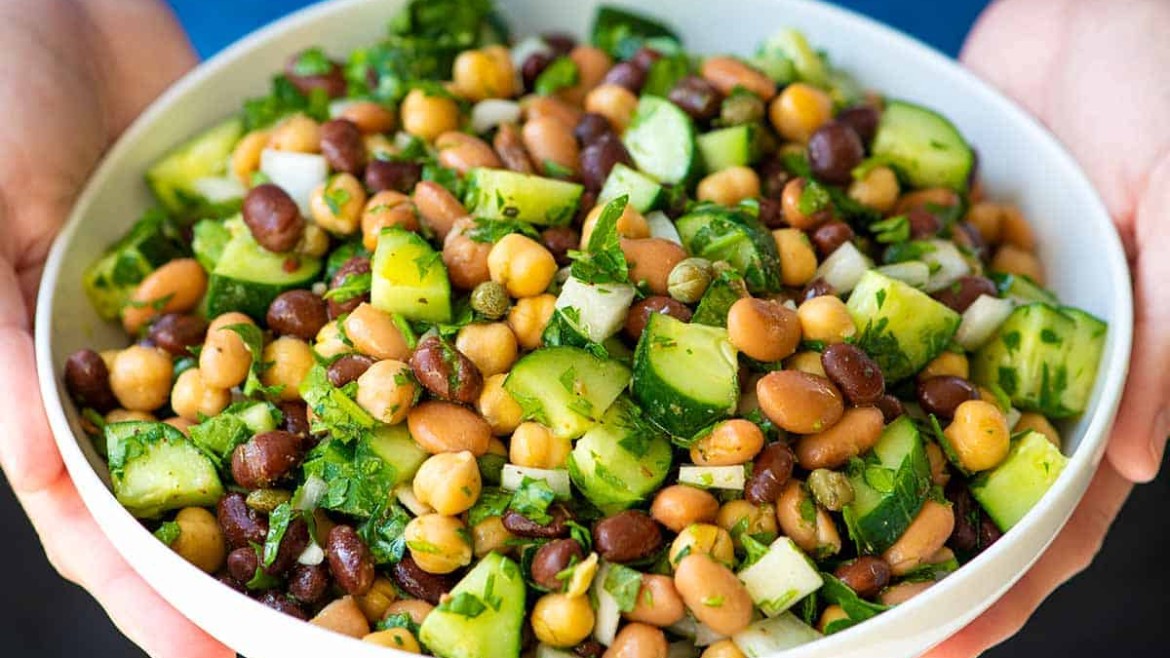
Introduction
Hormonal imbalances can make weight loss challenging by affecting metabolism, appetite, and fat storage. A well-structured diet can help regulate hormone levels, boost metabolism, and promote sustainable weight loss. By consuming the right nutrients, you can support hormone production and restore balance naturally.
Key Dietary Strategies for Hormonal Balance and Weight Loss
1. Increase Protein Intake
- Benefits: Supports muscle mass, regulates hunger hormones, and stabilizes blood sugar levels.
- Sources: Lean meats, eggs, fish, dairy, tofu, and legumes.
2. Incorporate Healthy Fats
- Benefits: Essential for hormone production and reducing inflammation.
- Sources: Avocados, nuts, seeds, olive oil, and fatty fish.
3. Choose Complex Carbohydrates
- Benefits: Helps prevent insulin spikes and provides steady energy.
- Sources: Whole grains, quinoa, oats, sweet potatoes, and legumes.
4. Boost Fiber Intake
- Benefits: Supports digestion, regulates estrogen levels, and prevents cravings.
- Sources: Leafy greens, vegetables, fruits, whole grains, and beans.
5. Stay Hydrated
- Benefits: Supports metabolism, detoxification, and hormonal functions.
- Sources: Water, herbal teas, and water-rich foods like cucumber and watermelon.
Hormone-Balancing Meal Ideas for Weight Loss
Breakfast
- Scrambled Eggs with Avocado and Whole-Grain Toast for healthy fats and fiber.
- Chia Seed Pudding with Almond Milk and Berries for protein and antioxidants.
Lunch
- Grilled Chicken Salad with Olive Oil Dressing and Quinoa for balanced macronutrients.
- Lentil Soup with Whole-Grain Crackers for fiber and plant-based protein.
Dinner
- Baked Salmon with Roasted Vegetables and Brown Rice for omega-3s and sustained energy.
- Stir-Fried Tofu with Spinach and Quinoa for a plant-based, hormone-friendly meal.
Snacks
- Greek Yogurt with Flaxseeds and Berries for probiotics and fiber.
- Hummus with Carrot and Cucumber Sticks for a fiber-rich, satisfying snack.
Lifestyle Tips for Hormonal Balance and Weight Loss
- Manage Stress: Practice mindfulness, yoga, or deep breathing to reduce cortisol levels.
- Prioritize Sleep: Aim for 7-9 hours per night to regulate hunger hormones effectively.
- Exercise Regularly: Incorporate strength training and cardio to boost metabolism.
- Limit Sugar and Processed Foods: Prevents insulin resistance and unnecessary hormonal fluctuations.
Conclusion
A diet designed for hormonal balance and weight loss focuses on nutrient-dense whole foods, adequate protein, healthy fats, and fiber while reducing processed foods and stress. By following these dietary and lifestyle guidelines, you can achieve sustainable weight loss and overall well-being.

